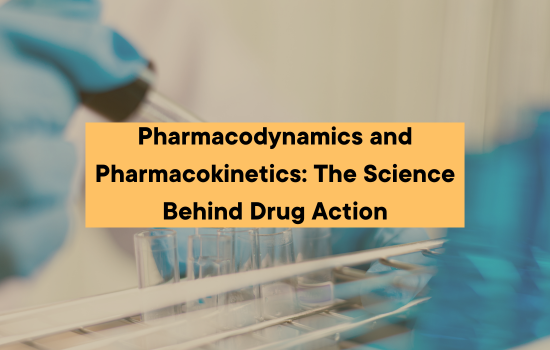Surprised that people are still interviewing for pharma sales positions in the midst of a global pandemic? There are still lots of pharmaceutical sales positions out there and if you’re reading this article, you probably know how competitive it is to get that next pharma sales dream job.
We thought we would share some concrete career advice to help you land that next pharma sales role. These tactics actually work! Don’t waste time & money on attending sales conferences, going to coaches. Just read this article (it’s free) where we share secrets that most pharma insiders don’t want you to know…but then apply it to the actual interview (otherwise it’s like planning to workout and then not actually exercising). I promise it will increase your chances of landing you the role.
5 Concrete Things you Should Absolutely do before Every Pharma Sales interview.
- Ask this question when you start (but not in a confrontational way). “I’m excited to be here. I’m curious what was it about my background that made you agree to bring me in for the interview?” Studies have shown that this question statistically significantly increases your chances of actually getting the job. We won’t get into the psychology behind it.
- Practice the “Tell me about yourself” response out loud several times. This is probably the most important question for 2 reasons. One, it’s your first impression. Two, we know from data that people tend to make judgements about you in the first 7 seconds. This question is NOT intended for you to share your work history. It’s your chance to sell them on why they should pick YOU.
- Research the company. Yeah, we know that you’re probably thinking, ‘duh’ of course. But we are not talking about going to the company’s website and looking at the mission & vision statement. We are talking deep research. Here’s what we know works. Again, based on data. Once you’re at the company’s site, click on the ‘investors tab.’ Usually, the company will have press releases and investor webcasts posted on their site; usually for equity research analysts, investors, etc.. Click on the webcasts and listen to them. Listen to what leadership focuses on, how they pronounce the drug’s name (yes I’m serious) and pay attention to what questions are asked of them at the end. Chances are that you can steal those questions and use them yourself in your own interview. Next, look at the company’s pipeline of course, then google publications associated with that drug. Once you’ve done that, look up the authors from those publications. Those will most likely be the key opinion leaders (KOLs) (Nowadays, pharma calls them External Experts (EEs) or Key thought Leaders (KTLs). Find them online, usually on YouTube or they may have authored guidelines for that particular therapeutic area. Read those guidelines, listen to what they have to say. Now you’ll know the issues for that product, the disease state better, and you’ll know who the KOLs are and you can then name drop during the interview. Hiring managers like that.
- Show Your Success. Sales still is about numbers – even in the pharmaceutical industry. Did you win an award? Were you part of the “President’s Club?” Were you in the top 5%? If so, be sure to not only put this on your resume but bring it up ‘tactfully’ during your interview. Give concrete evidence showing that you have a track record of sales success.
- Money. Don’t bring up money unless you’re asked. Don’t bring up vacations unless you’re asked. Don’t bring up work-life balance. Just keeping it real here. Hiring managers don’t want people that are overly concerned with vacations and work-life balance. They want motivated, hard workers, who are hungry to help the team succeed. It’s that simple.
If you’ve read this and are wondering how to even get the interview, then you’ll want to consider becoming a Certified Pharmaceutical Sales Representative. Ninety percent of physician thought leaders prefer certified pharma reps. To learn more about the Pharmaceutical Representative Certification (PRC), click here.
There you have it. No need to buy books about breaking into the pharma sales role or attend conferences.



